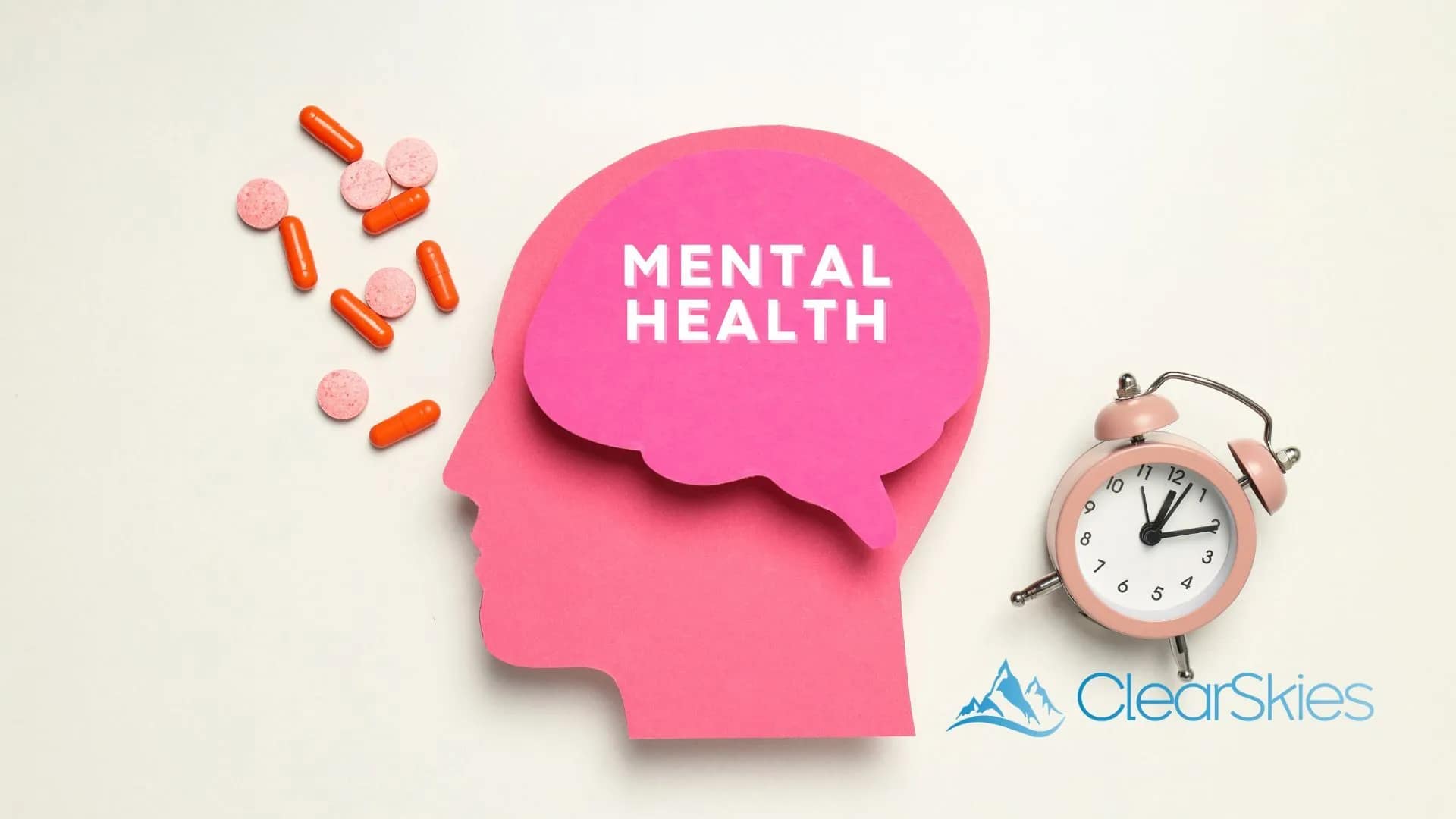
The Complexities of Mental Health
Exploring Mental Health Issues to Empower Understanding and Change
Improving mental health is not a one size fits all approach. Each person’s journey is unique, shaped by their background, life experiences, relationships, and individual perceptions. My hope is to explore mental health from various perspectives, providing fresh insights and helpful resources to support others on their own paths to wellness.
Upcoming posts will delve into a variety of mental health issues, unpacking their complexities in approachable ways. Mental health can often seem overwhelming or ambiguous, making it challenging for people to recognize when they might need support or to communicate clearly what they are experiencing. By simplifying these topics, I hope to make them more accessible, ultimately empowering people to better understand themselves and others around them.
For instance, consider stress and anxiety, two terms often used interchangeably yet distinct in significant ways. Both involve emotional and physiological responses that can feel similar, such as increased heart rate, feelings of nervousness, or difficulty concentrating. However, stress typically arises from external triggers or demands, like deadlines, relationship conflicts, or financial pressures. Anxiety, on the other hand, tends to be more persistent, often occurring without a clear external cause and can significantly interfere with daily functioning. Understanding these nuanced differences can help individuals recognize when they might benefit from seeking additional support or adopting new coping strategies.
Another compelling illustration of mental health complexity is the diagnosis of major depressive disorder (MDD). Remarkably, there are between 277 and 10,377 potential combinations of symptoms that can lead to an MDD diagnosis https://eiko-fried.com/10377-ways-for-major-depression…/). Such variability underscores how subjective and individualized mental health assessments can be. Factors contributing to these vast differences include interpretation of symptoms by mental health professionals, individual reporting of symptoms, and varying thresholds clinicians set for diagnosis. This complexity can sometimes create confusion or frustration for those seeking clear answers or reliable diagnoses. [Potential internal link: “What You Need to Know About Major Depressive Disorder”]
Recognizing this diversity in mental health experiences is both reassuring and challenging. On one hand, it validates our individual struggles and emphasizes that there’s no single “right” way to experience mental health challenges. On the other hand, the lack of clear-cut, universally recognizable symptoms can make mental health feel intangible or even misunderstood.
When we compare this to physical health, the contrast becomes more evident. Physical ailments often have observable symptoms, a broken bone is visibly apparent, a fever measurable by temperature, and an infection identifiable through medical tests. Mental health symptoms, however, can be subtle, subjective, and deeply personal. Someone experiencing depression may struggle with intense sadness, lack of motivation, or difficulty getting out of bed. Yet these feelings are not always easy to convey to others or even fully understand oneself. Similarly, anxiety can manifest as persistent worry, unexplained fear, or avoidance behaviors that disrupt everyday life.
Moreover, our mental health significantly shapes our perceptions and reactions. Two individuals facing similar life events may respond in vastly different ways, influenced by their personal histories, support systems, and internal coping mechanisms. This underscores the importance of individualized care and understanding, highlighting why personalized mental health strategies often yield the most beneficial results.
Through my series of posts, I intend to highlight these intricate aspects of mental health, exploring various issues such as anxiety, depression, trauma, emotional regulation, relationship dynamics, and more. My approach will include breaking down complex psychological concepts into relatable and straightforward explanations, accompanied by visual aids and graphics to enhance clarity. I’m aware that lengthy explanations can be daunting, so expect visuals designed to succinctly capture and communicate key ideas effectively.
It’s essential to note that these posts are designed as informative resources rather than substitutes for professional therapeutic advice. While I aim to provide valuable insights and general guidance, each individual’s mental health journey is distinct, requiring personalized attention and care. If you find yourself resonating deeply with any topic or experiencing ongoing distress, I strongly encourage you to reach out to a licensed mental health professional. They can provide the necessary support tailored specifically to your needs.
Ultimately, the goal of this blog series is to foster greater understanding, awareness, and compassion surrounding mental health. By demystifying complex issues, offering practical insights, and creating accessible resources, I hope to empower individuals in their personal growth and mental wellness journeys.

Prioritize Your Mental Health Today


